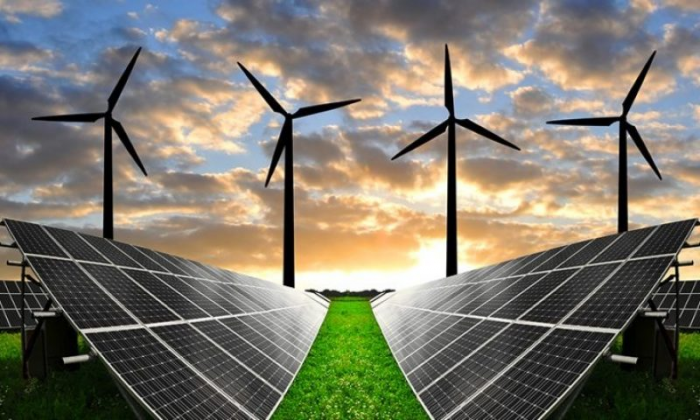Overview
Different programmes aim to grant aid to projects that use renewable energy sources in the heating and cooling sector. In particular, non-refundable subsidies are allocated to these types of projects, administered by IDAE and the Autonomous Communities.
Fiscally, legislation has introduced allowances on the Real Estate Tax and on the Tax on Constructions, Installations and Works that incorporate solar system for thermal uses.
Additionally, the Building Code sets the obligation for certain buildings to have a minimum contribution of 70% from RE to cover domestic hot water demand.
Summary of support schemes
- Subsidy (Grants for investment in RE electricity and thermal projects) – Allocation of non-refundable grants for thermal projects using RES
- Subsidy (Energy Rehabilitation of Buildings) - Subsidies for energy refurbishment actions in existing buildings, using RE sources, regardless of their use and the legal status of their owners
- Tax regulation mechanisms (Allowance on the Real Estate Tax for solar energy systems), depending on the Autonomous Community and/or Municipality.
- Tax regulation mechanisms (Allowance on the Tax on Constructions, Installations and Works), depending on the Autonomous Community and/or Municipality.
- RES-H building obligations (Minimum Renewable Energy contribution to cover heating of water in buildings) – Minimum quota of 70% from RES to cover total annual demand.
Competent authorities
- Ministry for the Ecological Transition and the Demographic Challenge (MITECO)
- Institute for the Diversification and Saving of Energy (IDAE)
- Autonomous Communities
- Municipalities
- Ministry of Development (MITMA)


